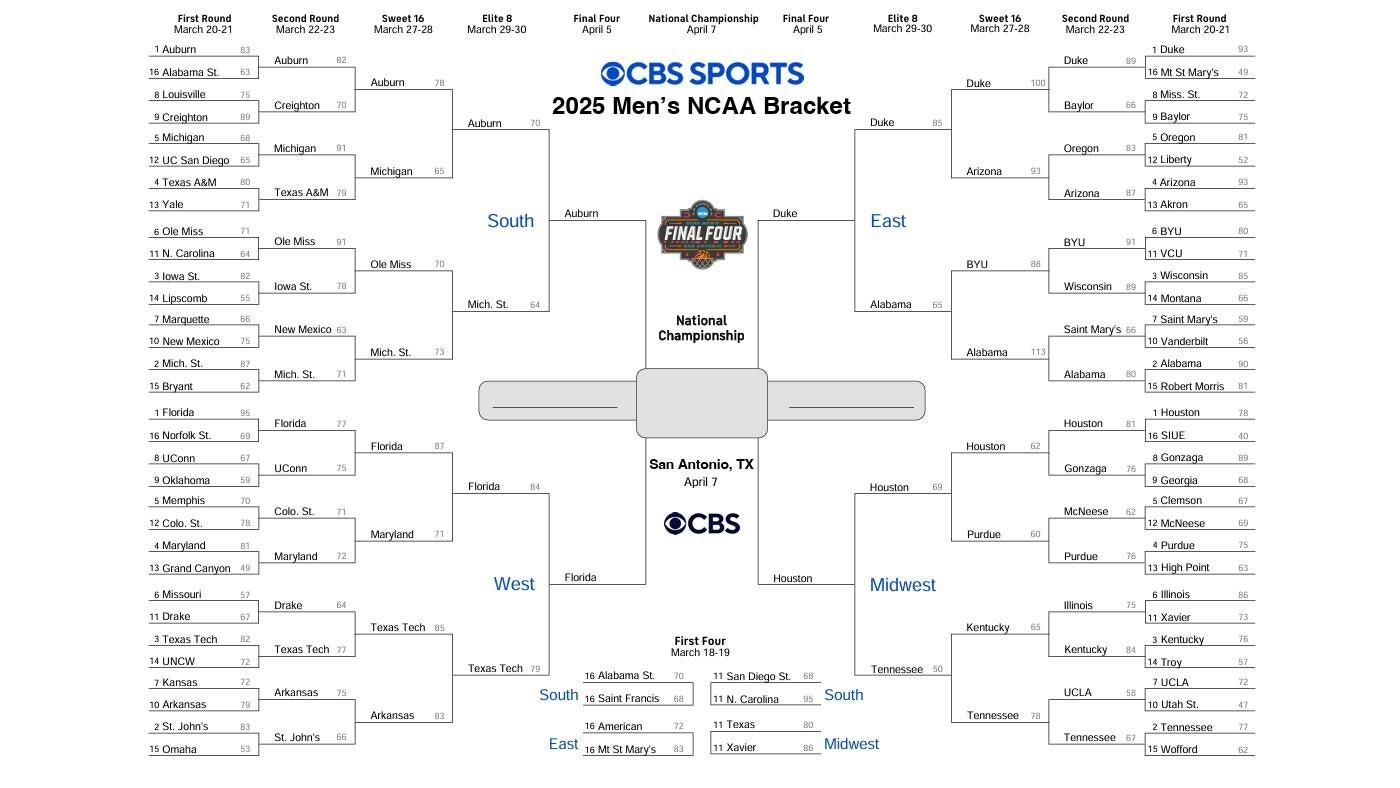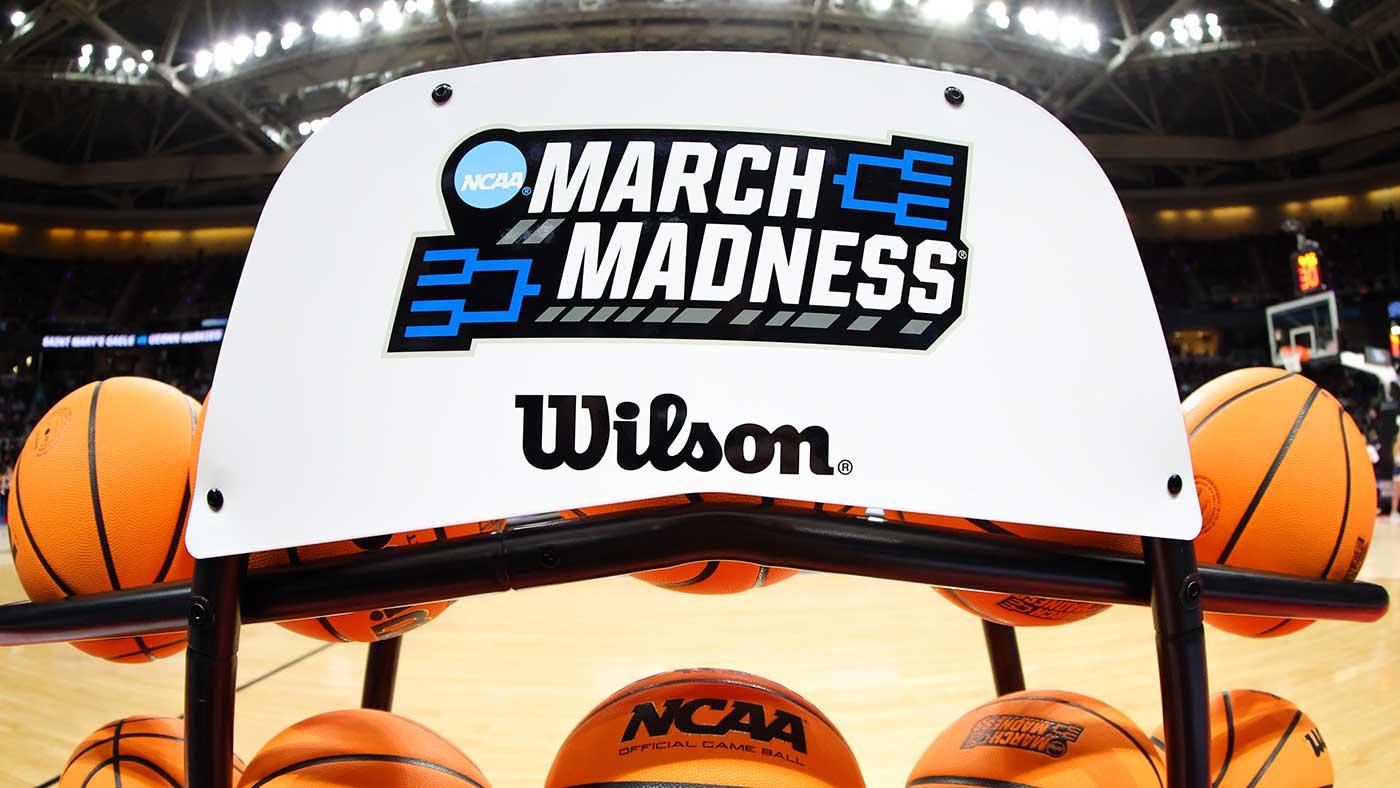
In 1983, the North Carolina State men’s basketball team needed an ACC tournament win to get into the NCAA Tournament.
“We want skill, we want talent, you want all those things, but you also want competitors, and you want people who understand what it means to really compete to win, not to compete just to play well.”
Utah Jazz coach Will Hardy
Without it, the Wolfpack’s record might not have been good enough. Even after winning the ACC Tournament to get an NCAA bid, they were an underdog No. 6 seed.
In order to win, they had to go through teams that featured basketball legends. That year’s tournament featured Michael Jordan, Ralph Sampson, Hakeem Olajuwon and Chris Mullin just to name a few, but NC State did the improbable and won it all, with Thurl Bailey leading the way.
That summer, Bailey was selected No. 7 overall by the Utah Jazz in the NBA draft, and to this day he believes that if it weren’t for the exposure from playing in the NCAA Tournament and his performance during those games, he would have been a much lower draft pick.
“I was still growing as a player, so maybe late first round. Even early second round wouldn’t have been bad, because we had so many rounds back then,” Bailey told the Deseret News. “It helped me. I know it did.”
More than 40 years later, NBA scouts, front offices, analytics staffs and coaches have so much more information available at their fingertips, but NCAA Tournament performances can still play a big part in how and when players are drafted.
It’s not so much the exposure that the tournament provides — we live in a digital age and there’s no shortage of video on players from middle school through college — but having proof that players can not only survive, but thrive in high-pressure, ultra-competitive situations is invaluable.
“I think there aren’t enough players who have played in meaningful games,” Jazz coach Will Hardy said. “I think we see it in high school. You see all these AAU games and tournaments and like, do any of them mean anything? Probably not.
“Now, there are guys who get to compete for a state championship with their high school team, and I think those games are meaningful, but it amazes me sometimes, when you go through the draft process and you study a player and you go, ‘He’s never played in a game that meant anything.‘”
Looking over someone’s basketball résumé, and watching that player in any run-of-the-mill game can give you a certain sense of who a player is, but there’s a different element to seeing someone play and give themselves over to the idea of team glory or ultimate defeat that can not be simulated.
“Those games are high-pressure situations with a lot of scrutiny, and I think that’s good for any young player,” Hardy said. “Because the reality is we want competitors.
“We want skill, we want talent, you want all those things, but you also want competitors, and you want people who understand what it means to really compete to win, not to compete just to play well.”
The tournament can show off players who struggled through the regular season but were able to put everything together when the ...


